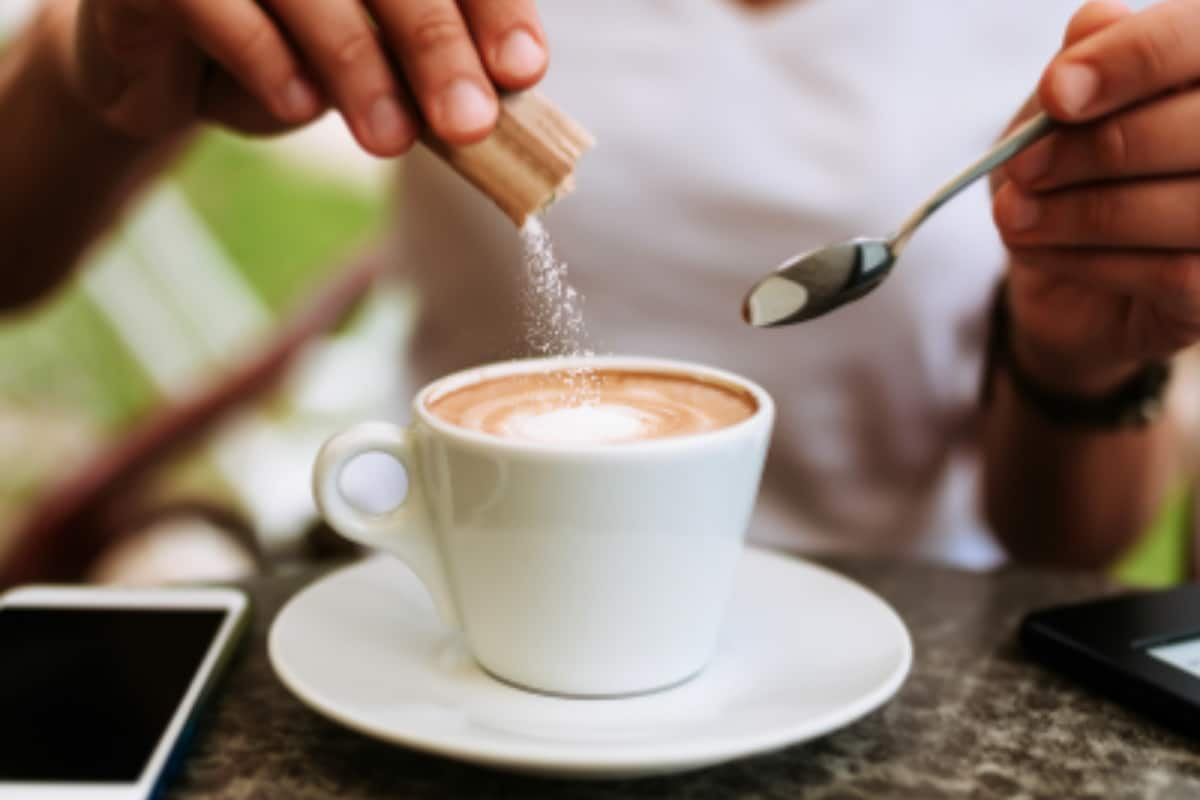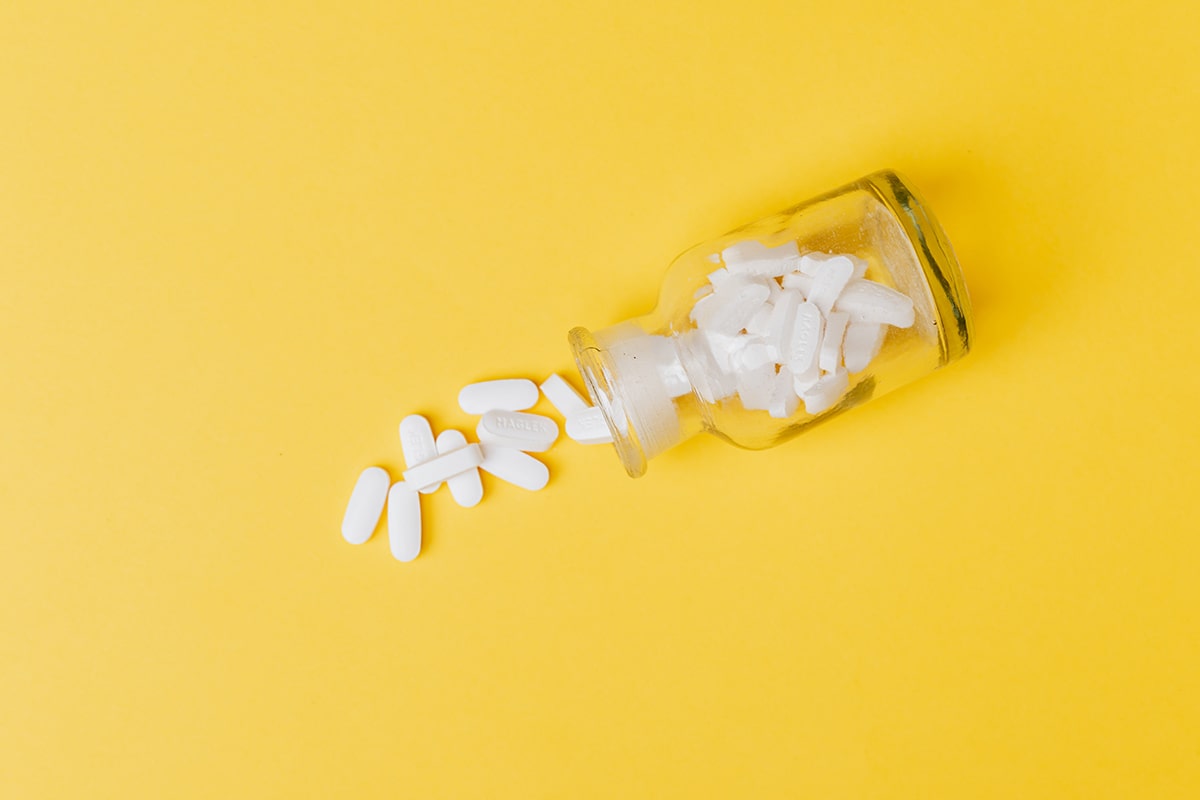Drinking Wine is Increasing During Menopause – Is It Helpful or Harmful?

If you find yourself reaching for a nightly glass to cope with the stresses of your day (and of menopause), you’re not alone.
While you enjoy the taste, you might feel less sure about whether it’s a help or a hindrance to your health around menopause.
You may have heard that wine worsens hot flashes and contributes to weight gain. You may have also heard that drinking wine during perimenopause helps prevent cancer and improves heart health.
Confused? You’re not alone. Much like the taste of fine wine, this topic is complex. Let’s walk through the research step by step.
Wine May Reduce Hot Flashes…
Let’s start with the good news: some research shows that low levels of alcohol consumption are associated with less frequent and less severe hot flashes.
How does this work? Research has shown that consistent alcohol consumption increases estrogen levels in the body. However, studies that found fewer hot flashes among drinkers have failed to identify a difference in hormone levels as a possible cause.
If this effect is not because of wine’s effect on estrogen levels, it may be at least partially due to an antioxidant in wine called resveratrol. Resveratrol is a phytoestrogen, which acts similarly to estrogen in the body.
…But It May Also Trigger Them
However, here’s the bad news: While some research shows that alcohol helps with hot flashes, other research shows the exact opposite.
Wine may trigger hot flashes for a few reasons:
- It’s a vasodilator (widens blood vessels) that increases blood flow to the skin.
- It also contains the compounds tyramine, histamine and sulfites, which may lead to hot flashes. However, research on this topic is sparse.
The Additional Health Benefits of Wine in Midlife
Scientists think that the ability of alcohol to boost estrogen levels may be why regular, moderate alcohol consumption helps increase wellbeing, protect against heart disease, and reduce osteoporosis risk in postmenopausal women.
A study that followed over 400 perimenopausal women over eight years found that one alcoholic drink per day was associated with improved overall feelings of well-being. This effect was amplified if these women also avoided smoking and exercised at least once per week.
Red wine is unique among alcoholic beverages because it is rich in antioxidants called polyphenols. These compounds help reduce inflammation and help keep the walls of our arteries from degenerating. Middle-aged and elderly people who drink one glass of red wine per day have lower rates of heart disease, stroke, and mortality in general.
The Darker Side of Wine during Midlife
Weight Gain
Alcohol is relatively “dense” in carbohydrate-based calories (7 cal/g) compared to protein and carbohydrates (4 kcal/g). When combined with a natural slowing of your metabolism during and after menopause, regular wine consumption contributes towards a caloric surplus that causes weight gain.
Sleep Disturbance
Alcohol affects the normal brain chemistry that helps you fall asleep, stay asleep, and feel restored in the morning. While you may find that it helps you fall asleep faster, your brain will not follow the same restorative patterns during the night under the influence of alcohol.
Health Effects of Excess Alcohol Consumption
Alcohol, in general, carries its own significant health risks. More than one drink per day for women has both short and long-term negative side effects.
Excess alcohol consumption weakens your immune system for the following 24 hours. Over more extended periods, drinking too much alcohol can cause multiple types of cancer, liver damage, and heart issues.
The Bottom Line
The research on this topic is varied and complicated, but a few key takeaways are clear. Ultimately, wine recommendations during menopause are not one-size-fits-all.
- One drink per day—no more—is what appears to be helpful during menopause. This is also the US’s national recommendation for low-risk drinking. Keep in mind: one “drink” of wine is five ounces. That’s not the size of a full wine glass!
- Tune in to your own response to wine. You may only feel your sleep disturbed if you have a glass of wine after 5pm, or with two glasses. You may be quite sensitive and need to switch to another beverage until your season of hot flashes subsides. You may see no issues at all and can enjoy wine as usual!
- Get the anti-inflammatory benefits of polyphenols from other sources besides wine. You can consume cocoa, olive oil, tea, soy, fruits, and berries instead. For more information about phytoestrogens, check out the article linked below.
5 Tips to Wind Down Your Wine Drinking
- Try a wine spritzer—a wine drink with added sparkling water and other unsweetened flavors. This cuts down your actual consumption of wine. Try out white wine with lime, white wine with orange essence, or red wine with berries.
- Pick a parameter. Choose specific times to drink—for example, Friday and Saturday evenings, or only when you go out to restaurants with friends.
- Shift to quality over quantity. Treat yourself to a nicer bottle than you usually would and savor it more slowly.
- Substitute it with another relaxation tactic. If you pour a glass of wine to unwind after work, can you choose another habit instead? Herbal tea, a favorite podcast, an aromatherapy eye pillow, dark chocolate, decaf coffee, or another swap may do the trick.
If you are unsure if alcohol is a trigger for your hot flashes, use the hot flash log feature in the Midday app and tag your hot flashes with suspected triggers like red wine. You’ll receive personalized insights that can help you pinpoint and address your triggers.
Sign up for more unique women’s health content
By submitting this form, you agree to the Lisa Health Privacy Policy and Terms of Use


